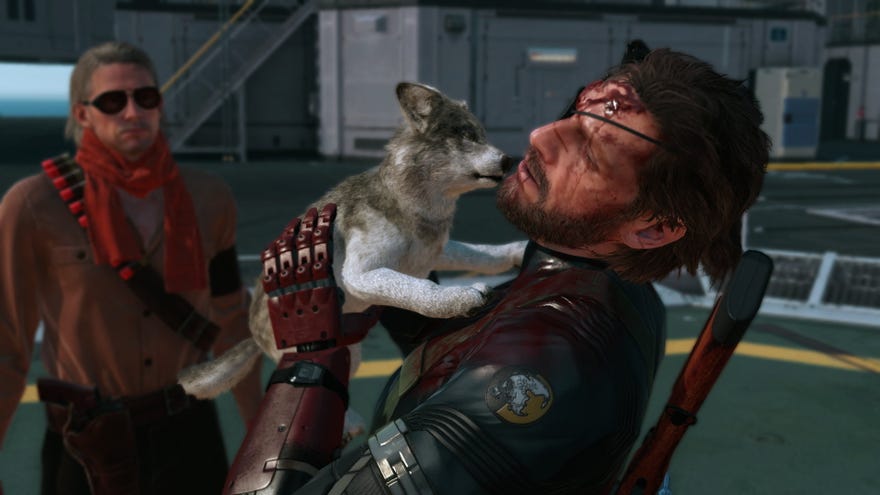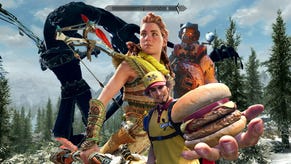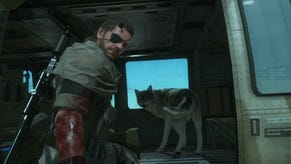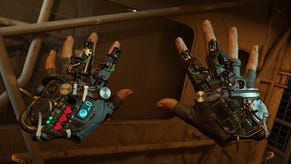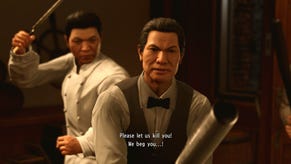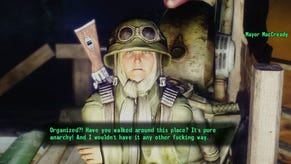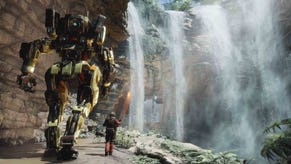Metal Gear Solid 5 finally achieves nuclear disarmament after 5 years
You can't hug your Ocelot with nuclear arms
Dusty mook-tormenting simulator Metal Gear Solid V: The Phantom Pain has finally had its much-awaited Peace Day, as players achieved full nuclear disarmament last night.
For the first time since its 2015 release, not a single player had possession of a nuclear weapon. Enough people chose to destroy them that there were simply none left. The result is the unlocking of a new celebratory cutscene, which you can see below thanks to a YouTube user known as Steff.
It's not all that substantial, content-wise. But I like that it uses some stark real world facts and quotes to contextualise itself. What it represents is excellent, and defines the core message of the whole series more than anything it's ever done.
That so many players built a heap of nukes was predictable. That enough would eventually commit to destroying them was less so. The studio surely knew that there was a chance this would never happen. I bet there were arguments about how long it would take, if it ever happened. I respect their commitment to doing this anyway.
This was, incidentally, on the PS3 version. As far as I can tell, it has yet to happen on the other platforms. The cutscene was awoken on PC in February 2018, but the official MGS5 account twote that this was in error. And PS3 players have since reported that the nukes are already back. It only takes one. Humans, huh?
Part of me kind of wishes that they'd somehow set it up so that once disarmament was achieved, anyone who builds a nuke gets automatically banned and their copy of the game remotely detonated. Or perhaps a team of masked men comes to their house and rambles at them about the CIA for seven hours.
Bluntly, I've never liked semi-multiplayer elements intruding into single player games, and I'm not convinced by the arguments for it as a conceptual art piece. It's a concept that works much better thematically in Death Stranding. In that game, players can build useful infrastructure out in the wilderness, which can appear in another player's game, saving them a laborious climb or risky river crossing. It's about that feeling of having helped people out, and brought society back together. That ties in a lot better with Death Stranding's themes and plot than Metal Gear Solid's wildly incoherent anti-military militarism.
Still though. Eight rambling, repetitive minutes or not, it's a nice touch, and the kind of attention to detail and obscure possibilities regardless of how few players might see them that earned it our recognition as one of the best PC games of the 2010s.
